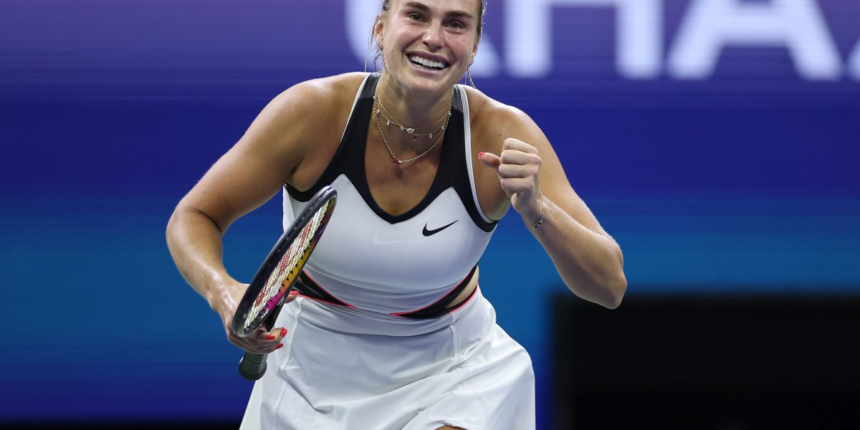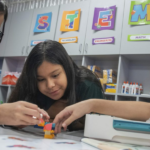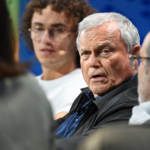After that excruciating miss Saturday, Sabalenka dropped her racket on the blue court and smiled a rueful smile. She began to feel the sort of emotions that got the better of her during losses in the finals at the Australian Open in January and French Open in June bubble up. She tried to compose herself.
“I just let the doubt get into my head,” Sabalenka explained. “But then I turned around and I took a deep breath in, and I was like, ‘OK. It happens. It’s in the past. Let’s focus on the next one.’”
So everything was fine from there? Well, no. “She broke me,” Sabalenka said with a loud laugh. “I was like, ‘OK. … Reset.”
Sabalenka, a 27-year-old from Belarus, earned her fourth Grand Slam trophy — all on hard courts — and avoided becoming the first woman to lose three major finals in a season since Justine Henin in 2006.
Those defeats helped on Saturday.
“After the Australian Open, I thought that the right way would be just to forget it and move on. But then the same thing happened at the French Open,” said Sabalenka, who showed up at her postmatch news conference with a bottle of Champagne and a pair of dark goggles atop her head. “So after French Open, I figured that, OK, maybe it’s time for me to sit back and to look at those finals and to maybe learn something, because I didn’t want it to happen again and again and again.”
As Anisimova kept making things close again, and the crowd kept getting loud, Sabalenka reminded herself to focus on herself.
It worked.
But Anisimova grabbed the next four points to break back, capping the game with a backhand winner and a forehand winner. That got folks on their feet, shouting, and Anisimova exhaled as she walked to the sideline. Soon, she led 3-2.
That was another moment that could have thrown Sabalenka. Nope. She took the next four games and that set.
The setup also created windless conditions, ideal for two ball-strikers who really can bring the power with good contact. And that’s what they both did.
Some exchanges were breathtaking — to them, certainly, and to those in the stands who gasped at the power during longer points. The rewards can be huge, as can the risks, and Anisimova was seeking the lines with full cuts off both sides.
“I think I didn’t fight hard enough for my dreams today,” said Anisimova, who buried her face in a towel after the match.
Of Sabalenka’s first 13 points, just one came via her own winner. The others? Six unforced errors and six forced errors by Anisimova.
By the end, Anisimova had nearly twice as many winners as Sabalenka, 22-13, and nearly twice as many unforced errors, too, 29-15.
“There was two moments where I was really close to lose control,” Sabalenka said later, “but … I told myself, ‘No, it’s not going to happen. It’s absolutely OK.’”









